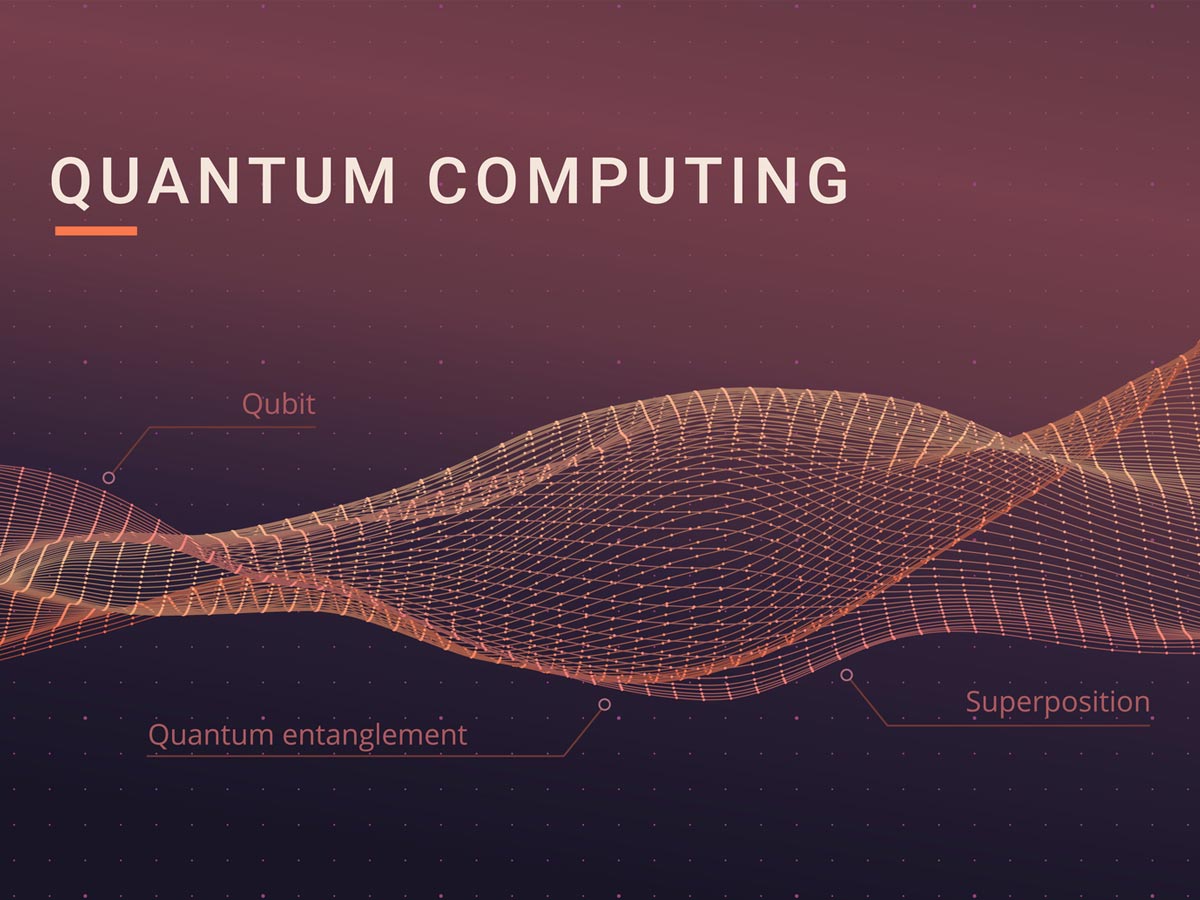
We have talked before, at a very high level, about what quantum computing is, how it works and why we might need it. In short, quantum computers are going to succeed where even the most powerful supercomputers have failed, by helping us to tackle some of the complex problems faced by humankind today. “We believe quantum computing is set to change our world in profound ways, providing solutions to some of the toughest problems in seconds,” said Masayoshi Terabe[1], Quantum Computing Project Leader at DENSO which supplies tech and parts to car manufacturers all over the world.
While D-Wave has supplied quantum computing services to enterprises like Volkswagen and Google (in partnership with NASA) these have been for research and development initiatives. In this blog post, we’re going to explore some of the innovation needed in order for quantum computing to move out of the lab and into commercial applications.
We will cover three key areas of progress:
- Quantum Advantage – demonstrable real-world problem solving
- Hybrid Quantum-Classical Systems – the marriage of quantum and classical computers
- Cloud Access – universal access for all
Quantum Advantage
For quantum computers to become mainstream and used commercially, there needs to be an advantage in using them, over and above what is currently possible. In the first instance it has been important to demonstrate proof of concept, or quantum supremacy.
Supremacy is achieved when a quantum computer performs any task exponentially faster than even the fastest classical computer which would take hundreds, if not thousands, of years to complete the same task. The first demonstration of exponential speedup was announced by Google[2] in December 2015 when a D-Wave machine was found to be 100 million times faster than a single core classical processor. Then just last month, Google found “a quantum computer…had carried out in a smidgen over three minutes a calculation that would take Summit, the world’s current-best classical supercomputer, 10,000 years to execute”[3] and it is believed that with this demonstration, supremacy has now indeed been achieved.
Now that credibility in the physics has been established, the emphasis has moved from supremacy to advantage. Quantum advantage is achieved when a quantum computer solves a practical, real world problem faster than a traditional/classical computer. This advantage has so far been demonstrated for a limited number of applications. Next generation quantum computer architectures need to demonstrate quantum advantage for a wider range of mainstream commercial applications.
Hybrid Quantum-Classical Systems
Hybrid quantum-classical computing is when classical computers and quantum computers work together in parallel to solve computationally difficult problems, with each computer doing what it does best. Hybrid computers are already commonplace today. For example, gamers are looking for the perfect combination of enhanced graphics and speed which they do by combining an accelerated graphics processing unit or video card with a powerful central processing unit to create a hybrid computer that is perfectly wired for an intense gaming experience. As quantum computers become more mainstream and versatile, more and more processing will be done on the quantum computer portion of a hybrid system.
Volkswagen has been exploring a hybrid quantum-classical approach. The optimization problems the company is working on are perfectly suited to the application of a hybrid system. They have found that recent advances in this area, including the availability of a D-Wave HybridTM[4], “has allowed us to prototype … hybrid approaches much faster than before, and gives us the algorithmic control required to customize different parts to suit our needs,” Sheir Yarkoni, quantum computing researcher at Volkswagen’s Data:Lab Munich.
Cloud Access
Today’s quantum computers are large and expensive, and require demanding environments in which to operate (cooling, noise and vibration dampening and more). This limits adoption to only those types of organizations able to commit to the complexities and cost of having a quantum computer on their premises. Cloud access will eliminate these limitations.
Cloud access is similar to the time-sharing model adopted in the 1970’s for mainframe computers. Access to a computing resource was shared among many users. Like time-sharing, cloud access will be the predominant method for organizations to access the capabilities of a quantum computer. Cloud access, combined with hybrid systems, will have many benefits, including the ability for classical computers to work with more than one type of quantum computer, according to their application architecture (there will be different types of quantum computers designed to solve different types of problems).
Again, there has been recent progress in this area. Developers, researchers and businesses around the world can now access a number of quantum cloud platforms and start building applications with both free and paid plans. Pender portfolio holding D-Wave announced Leap, its quantum cloud service providing real-time access to a live quantum computer, in October 2018[5].
There’s no doubt that we have a front row seat to some of the most exciting advances in the cutting-edge world of quantum computing as we watch D-Wave innovate and overcome the barriers to quantum computing entering mainstream computing.
Rolf Dekleer, VP of Venture Capital
October 29, 2019
Rolf is an observer on the board of D-Wave Systems which is a portfolio holding in two of Pender’s investment funds: Pender Growth Fund Inc (TSX-V:PTF) and the Working Opportunity Fund.
You will find a comprehensive glossary of quantum computing terms here.
[1] https://www.dwavesys.com/press-releases/d-wave-expands-leap-quantum-cloud-service-and-application-environment-europe-and
[2] https://ai.googleblog.com/2015/12/when-can-quantum-annealing-win.html
[3] https://www.economist.com/science-and-technology/2019/09/26/proof-emerges-that-a-quantum-computer-can-outperform-a-classical-one
[4] https://www.dwavesys.com/press-releases/d-wave-announces-quantum-hybrid-strategy-and-general-availability-d-wave-hybrid
[5] https://www.dwavesys.com/press-releases/d-wave-expands-leap-quantum-cloud-service-and-application-environment-europe-and

Quantum Computing – “Where things can be “this” and “that” at the same time”
While quantum computing sounds like the kind of technology that has travelled back in time from the future, believe it or not, the concept was first proposed in 1981 by Richard Feynman (who was awarded […]

Definitions and Glossary of Quantum Computing Terms
Extract from Deloitte Insights: Technology, Media, and Telecommunications Predictions 2019 and reproduced with the permission of Duncan Stewart, Director of Research and Erica Pretorius, Partner, Risk Advisory, Deloitte Canada. Classical computer: The traditional form of […]

Pender’s Summer Holiday Reading List – June 2019
The PenderFund Investment Team shares the books on their summer reading list. David Barr Thinking in Systems: A Primer, Donella Meadows and Diana Wright (Editor) I picked up “Thinking in Systems” after it was shared […]



